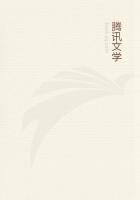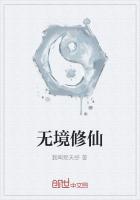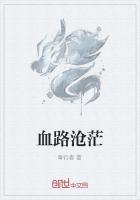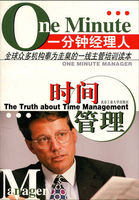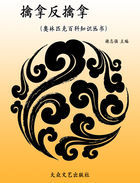Next day she went down to 3 Fairfield Cottages at half past four. On the way her heart palpitated, for this was a very important interview. Here at least she might hope to find some clew, by following out which she would sooner or later establish Robert's innocence. But then came a fearful thought: "Why had not his father done this already, if it was possible to do it? His father must love him. His father must have heard his own story, and tested it in every way. Yet his father remained the servant of a firm, the senior partner of which had told her to her face Robert was guilty."
It was a strange and terrible enigma. Yet she clung to the belief that some new light would come to her from Michael Penfold. Then came. bashful fears. "How should she account to Mr. Penfold for the interest she took in his own son, she who was affianced to Mr. Penfold's employer." She arrived at 3 Fairfield Cottages with her cheeks burning, and repeating to herself: "Now is the time to be supple as a woman but obstinate as a man."
She sent the cabman in to inquire for Mr. Penfold; a sharp girl of about thirteen came out to her, and told her Mr. Penfold was not at home.
"Can you tell me when he will be at home?"
"No, miss. He have gone to Scotland. A telegraphum came from Wardlaws' last night, as he was to go to Scotland first thing this morning; and he went at six o'clock."
"Oh, dear! How unfortunate!"
"Who shall I say called, miss?"
"Thank you, I will write. What time did the telegram come?"
"Between five and six last evening, miss."
She returned to the hotel. Fate seemed to be against her. Baffled at the very threshold! At the hotel she found Arthur Wardlaw's card and a beautiful bouquet.
She sat down directly, and wrote to him affectionately, and asked him in the postscript if he could send her a report of the trial. She received a reply directly, that he had inquired in the office, for one of the clerks had reports of it; but this clerk was unfortunately out, and had locked up his desk.
Helen sighed. Her feet seemed to be clogged at every step in this inquiry.
Next morning, however, a large envelope came for her, and a Mr. Hand wrote to her thus:
"MADAM--Having been requested by Mr. Arthur Wardlaw to send you my extracts of a trial, the Queen _v._ Penfold, I herewith forward the same, and would feel obliged by your returning them at your convenience.
"Your obedient servant, "JAMES HAND."
Helen took the inclosed extracts to her bedroom, and there read them both over many times.
In both these reports the case for the Crown was neat, clear, cogent, straight-forward, and supported by evidence. The defense was chiefly argument of counsel to prove the improbability of a clergyman and a man of good character passing a forged note. One of the reports stated that Mr. Arthur Wardlaw, a son of the principal witness, had taken the accusation so much to heart that he was now dangerously ill at Oxford.
The other report did not contain this, but, on the other hand, it stated that the prisoner, after conviction, had endeavored to lay the blame on Mr. Arthur Wardlaw, but that the judge had stopped him, and said he could only aggravate his offense by endeavoring to cast a slur upon the Wardlaws, who had both shown a manifest desire to shield him, but were powerless for want of evidence.
In both reports the summing up of the judge was moderate in expression, but leaned against the prisoner on every point, and corrected the sophistical reasoning of his counsel very sensibly. Both reports said an expert was called for the prisoner, whose ingenuity made the court smile, but did not counterbalance the evidence. Helen sat cold as ice with the extracts in her hand.
Not that her sublime faith was shaken, but that poor Robert appeared to have been so calmly and fairly dealt with by everybody. Even Mr. Hennessy, the counsel for the Crown, had opened the case with humane regret, and confined himself to facts, and said nobody would be more pleased than he would, if this evidence could be contradicted, or explained in a manner consistent with the prisoner's innocence.
What a stone she had undertaken to roll--up what a hill!
What was to be her next step? Go to the Museum, which was now open to her, and read more reports? She shrank from that.
"The newspapers are all against him," said she; "and I don't want to be told he is guilty, when I know he is innocent."
She now re-examined the extracts with a view to names, and found the only names mentioned were those of the counsel. The expert's name was not given in either. However, she knew that from Robert. She resolved to speak to Mr. Hennessy first, and try and get at the defendant's solicitor through him.
She found him out by the Law Directory, and called at a few minutes past four.
Hennessy was almost the opposite to Tollemache. He was about the size of a gentleman's wardrobe; and, like most enormous men, good-natured. He received her, saw with his practiced eye that she was no common person, and, after a slight hesitation on professional grounds, heard her request. He sent for his note-book, found the case in one moment, remastered it in another, and told her the solicitor for the Crown in that case was Freshfleld.
"Now," said he, "you want to know who was the defendant's solicitor?
Jenkins, a stamped envelope. Write your name and address on that."

